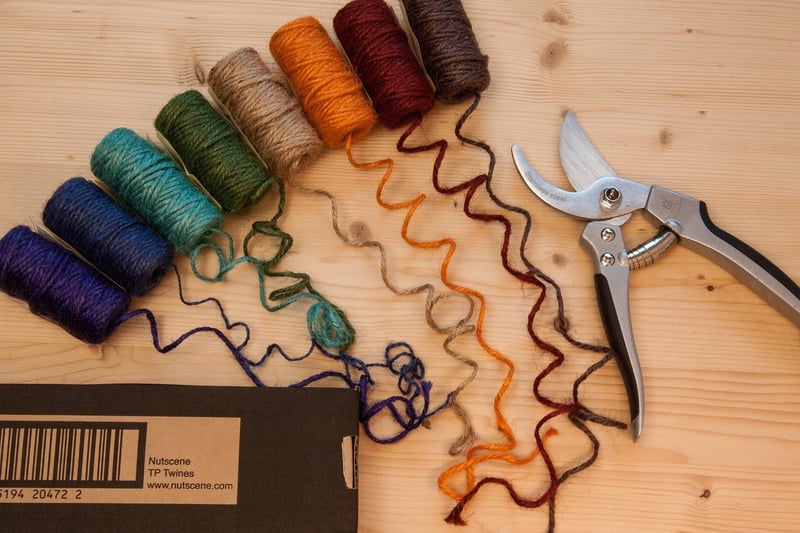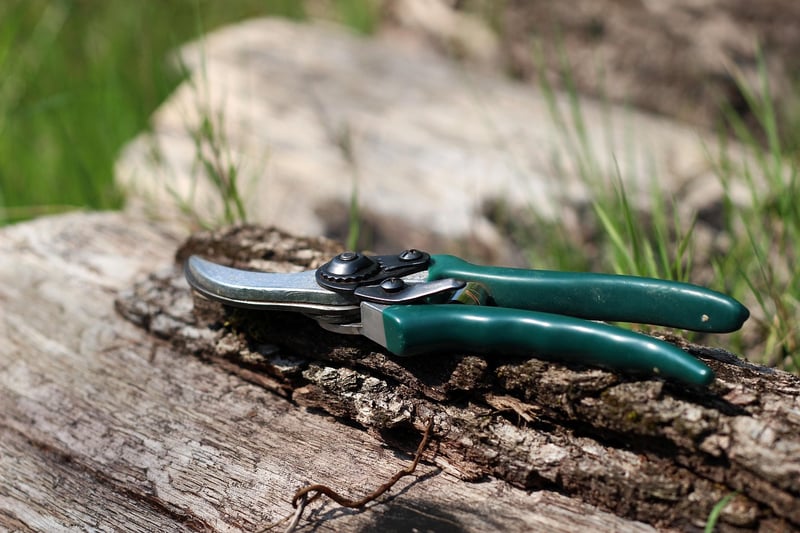Pruning Techniques
Essential Plant Maintenance and Pruning Techniques
Introduction
Welcome to our guide on plant maintenance and pruning techniques. Whether you are a novice gardener or a seasoned enthusiast, understanding how to properly care for your plants and trees is crucial for their health and longevity. In this article, we will cover the basics of plant maintenance and provide insights into effective pruning techniques.
Plant Maintenance
Regular plant maintenance is key to keeping your garden looking vibrant and healthy. Here are some essential tips to help you care for your plants:
1. Watering
Water your plants regularly, ensuring they receive adequate moisture without being overwatered. Different plant species have varying water requirements, so it's important to research the specific needs of each plant in your garden.
2. Fertilizing
Provide your plants with the necessary nutrients by fertilizing them according to their growth stage. Use organic fertilizers for a more sustainable approach to plant care.
3. Weeding
Regularly remove weeds from your garden to prevent them from competing with your plants for resources. Mulching can help suppress weed growth and retain soil moisture.
Pruning Techniques
Pruning is an essential practice that not only enhances the aesthetic appeal of your plants but also promotes their overall health. Here are some pruning techniques to consider:
1. Deadheading
Remove spent flowers to encourage new growth and prolong the blooming period of flowering plants.
2. Thinning
Thinning involves selectively removing branches to improve air circulation and light penetration within the plant canopy, reducing the risk of disease and promoting healthy growth.
3. Heading Back
Heading back is the practice of cutting back the tips of branches to promote branching and denser growth. This technique is often used on shrubs and hedges.
Conclusion
By incorporating proper plant maintenance and pruning techniques into your gardening routine, you can ensure that your plants thrive and flourish. Remember to research the specific needs of each plant species and tailor your care practices accordingly. Happy gardening!



